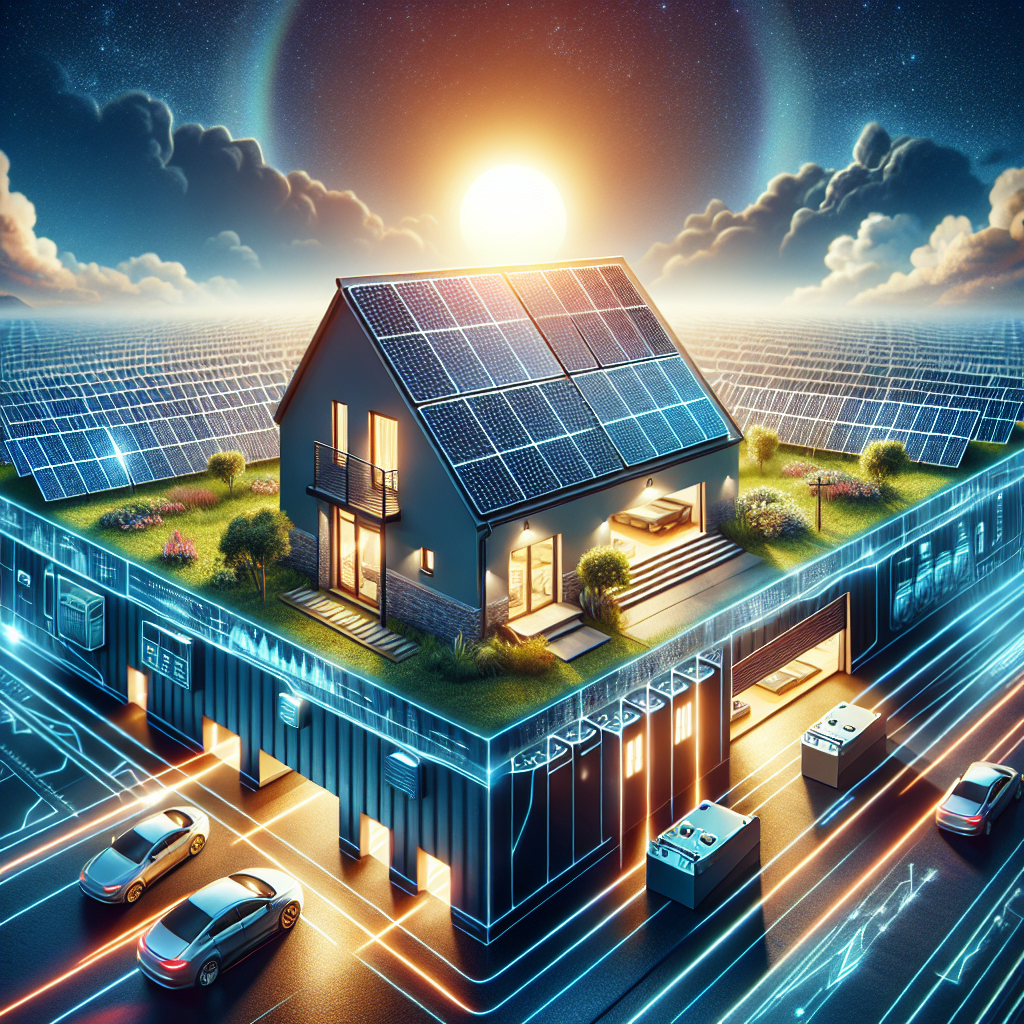Is Going Off-Grid (or even close to it) with Solar and Batteries Really Too Expensive? Let's Take a Realistic Look.
- Jason Poole

- Sep 7, 2024
- 2 min read
As a homeowner, the idea of going off-grid with solar and batteries may seem like a distant dream, reserved only for the environmentally devoted or the financially elite. The prevailing belief has been that transitioning to solar power should ideally offer a "no-cost" solution, where the electricity generated is cheaper than your current power bill – a classic case of "robbing Peter to pay Paul." But is this realistic when aiming for complete independence from the grid?
Let's Break It Down:
1. The No-Cost Solar Illusion:
The notion of achieving free solar power by simply offsetting your current electricity expenses may fall short when considering complete off-grid living. While it's very possible to install solar panels only while drastically reducing your monthly expense and even including battery systems that can match or even reduce your monthly power bill, the leap to full independence from the grid might require a bit more than just a break-even scenario.. In most cases.
2. The 25-Year Projection:
When assessing the financial viability of going off-grid, a 25-year lifespan comparison can shed light on the long-term benefits. By predicting your electricity costs for the next quarter-century and comparing them against the initial investment in solar, one aims to save tens of thousands over the period. With equipment warranties covering this duration, a thorough analysis could reveal the true economic value of transitioning to solar power.
3. Future-Proofing Against Rising Energy Prices:
Amidst the uncertainties of fluctuating energy costs and changing utility policies, the prospect of true off-grid living becomes a more appealing option. Instances where utility companies alter net metering policies, leading to substantial bill hikes, underscore the importance of creating a self-sustaining energy system. By future-proofing your home with solar and battery solutions, you can insulate yourself against escalating energy prices and potential grid instabilities.
My Take on Off-Grid Affordability:
In my perspective, the feasibility of going off-grid becomes less about immediate cost comparisons and more about securing a sustainable and cost-effective energy future. If your priority is long-term financial gains, environmental consciousness, and energy independence, the initial investment in solar and batteries can significantly pay off in the coming years, especially when factoring in potential utility rate hikes and operational changes.
Remember, the landscape of energy consumption and production is evolving rapidly, and investing in self-reliant energy systems today could position homeowners ahead of the curve tomorrow.
So, if you're contemplating whether going off-grid is too expensive, consider not just the upfront costs but the long-term benefits of reduced energy bills, environmental impact, and peace of mind in having control over your power source. Embrace the journey towards sustainable living and energy autonomy – it might just be a more attainable goal than you think.




Komentar